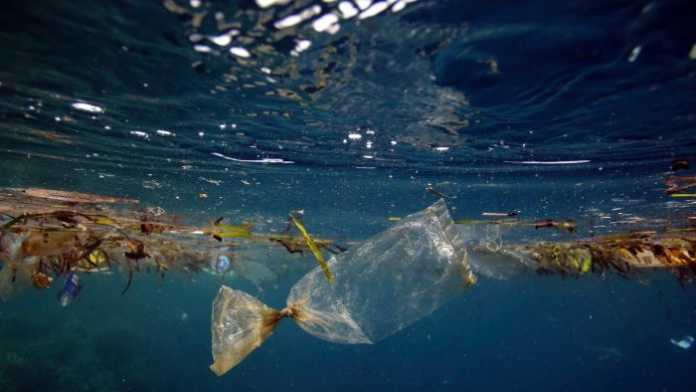Though most of our understanding of the damage of plastic isn’t anything new, it is information that has been hidden from the public eye. The dark truth of plastic is usually ignored so brands and companies can continue using the easy material.
But today, people around the world are taking to boycotting the material. With zero-waste trends sparking over the globe and many nations even banning plastic bags altogether, more and more people are taking steps to remove plastic from their lifestyles. And it couldn’t come any sooner.
While plastic is seen as a material used for temporary purposes: disposable razors, toothbrushes, plastic cutlery and cups, it isn’t nearly as easy to dispose of after it leaves your trash can.
Plastic can take up to 1000 years to naturally break down, so why do we keep making such disposable, temporary products with it?
With hundreds of thousands of plastic bags being used globally every second, we are now seeing the impact the unnatural material has on our earth, with plastic covering the shorelines of some of the most remote islands.
One of the most recent discoveries is Henderson Island, an island in the Pacific Ocean. Recent discoveries have found that the small island is currently covered with more than 37 million pieces of waste plastic, and more washing up.
Henderson Island is known for being a remote and uninhabited island, labelled a UNESCO heritage site. But, the “practically untouched” island is said to have up to 671 pieces of plastic per square yard.
The sheer mass of plastic found in some of the furthest parts of the oceans has made a clear indicator that the plastic waste issue, in the ocean and on land, isn’t a problem that can be ignored or avoided.
Many individuals have now reached out, urging their audiences to cut down on plastic waste. The Project journalist, Waleed Aly, has called for a #banthebag, and The Chaser’s Craig Reucassel exposed the impact of disposable coffee cups, when he travelled through Melbourne on a tram with coffee cups.
For now, small changes like getting reusable coffee cups, investing in water bottles and avoiding plastic bags and plastic straws are just a few things that individuals can do to help our war on plastic.
If you want to find out more about our plastic-saturated planet, check out this recent documentary by Craig Leeson, A Plastic Ocean.

![5 Reasons You Should Travel Alone Airplane [image source: chau nguyen/ http://thedevilhatessweatpants.blogspot.com.au ], crowd ink, crowdink, crowdink.com, crowdink.com.au](https://crowdink.com/wp-content/uploads/2016/08/Chau-airplane-218x150.jpg)




























![5 Reasons You Should Travel Alone Airplane [image source: chau nguyen/ http://thedevilhatessweatpants.blogspot.com.au ], crowd ink, crowdink, crowdink.com, crowdink.com.au](https://crowdink.com/wp-content/uploads/2016/08/Chau-airplane-100x70.jpg)


